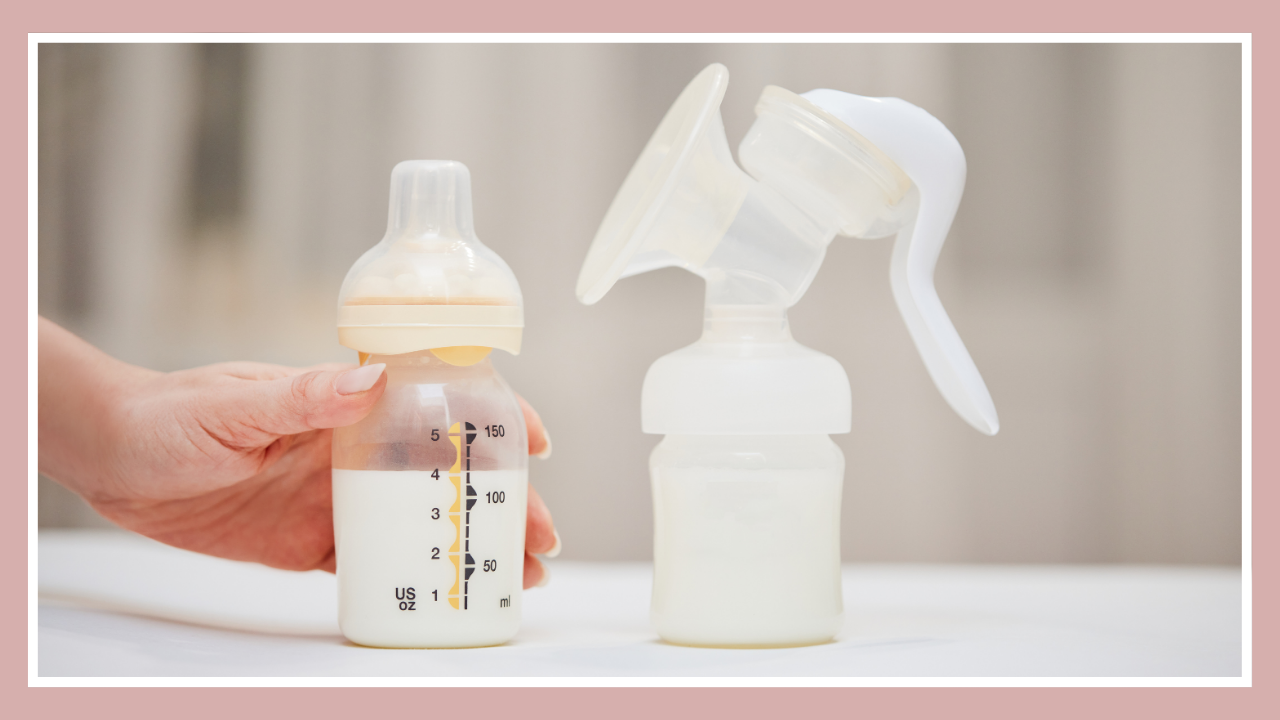
Understanding the Postpartum Period: Recovery, Challenges, and Self-Care for New Mothers
Aug 30, 2024The postpartum period, also known as the "fourth trimester," is a crucial time of healing and adjustment for new mothers. This phase begins immediately after childbirth and typically lasts for about six to eight weeks, though many women experience changes and challenges for months afterward. In this comprehensive guide, we'll explore the physical and emotional aspects of the postpartum period, common challenges faced by new mothers, and essential self-care strategies to support recovery and well-being.
What is the Postpartum Period?
The postpartum period refers to the weeks following childbirth when a woman's body gradually returns to its pre-pregnancy state. During this time, new mothers experience significant physical and emotional changes as they recover from delivery and adapt to their new role as parents.
Physical Changes During the Postpartum Period
- Uterine Involution - The uterus, which expanded during pregnancy, begins to contract and return to its pre-pregnancy size. This process, known as involution, can cause cramping sensations called afterpains.
- Vaginal Discharge (Lochia) - New mothers experience vaginal discharge called lochia, which gradually changes from bright red to pink to white over several weeks.
- Breast Changes - Breasts may become engorged as milk production begins, typically around 2-5 days after delivery.
- Hormonal Fluctuations - Significant hormonal shifts occur as the body transitions from pregnancy to the postpartum state, affecting mood, energy levels, and physical well-being.
- Weight Loss - Most women lose about 10-12 pounds immediately after delivery (from the baby, amniotic fluid, placenta, etc), with gradual weight loss continuing over the following months.
- Skin Changes - Some women may experience changes in skin pigmentation, such as melasma or linea nigra, which usually fade over time.
Emotional Changes During the Postpartum Period
- Baby Blues - Up to 80% of new mothers experience mood swings, tearfulness, and anxiety in the first few weeks postpartum, often referred to as the "baby blues."
- Postpartum Depression - Approximately 15% of women develop postpartum depression, characterized by persistent feelings of sadness, hopelessness, and difficulty bonding with the baby.
- Anxiety and Worry - New mothers often experience increased anxiety about their baby's health and their ability to care for their child.
- Identity Shift - Adapting to the new role of motherhood can bring about significant changes in self-perception and identity.
Common Challenges During the Postpartum Period
- Fatigue and Sleep Deprivation - Caring for a newborn often leads to disrupted sleep patterns and extreme tiredness.
- Breastfeeding Difficulties - Many women face challenges with breastfeeding, including latching issues, sore nipples, and concerns about milk supply.
- Physical Discomfort - Recovery from childbirth can involve pain and discomfort, particularly for those who had a cesarean section or experienced perineal tearing.
- Relationship Changes - The arrival of a new baby can strain relationships with partners and family members as roles and responsibilities shift.
- Time Management - Balancing the demands of infant care with personal needs and household responsibilities can be overwhelming for new mothers.
Self-Care Strategies for the Postpartum Period
- Rest and Sleep - Prioritize sleep and rest whenever possible & set an earlier bedtime. Creating a bedtime routine can help you wind down before bed.
- Nutrition - Eat a balanced diet rich in nutrients to support healing and energy levels. Stay hydrated, especially if breastfeeding.
- Gentle Exercise - Begin with light activities like walking and gradually increase intensity as your body heals and your healthcare provider approves.
- Seek Support - Don't hesitate to ask for help from partners, family, friends, or professional support groups. Consider joining a new mothers' group for emotional support and advice.
- Practice Mindfulness - Engage in relaxation techniques such as deep breathing, meditation, or gentle yoga to manage stress and anxiety.
- Pelvic Floor Exercises - Perform exercises to strengthen the pelvic floor muscles and promote healing.
- Attend Postpartum Check-Ups - Keep all scheduled postpartum appointments with your healthcare provider to monitor your physical and emotional recovery.
- Set Realistic Expectations - Be patient with yourself and understand that recovery takes time. Avoid comparing your postpartum journey to others.
When to Seek Help During the Postpartum Period
While some challenges are normal during the postpartum period, it's important to recognize signs that may require professional attention:
- Severe or persistent pain
- Heavy bleeding or large clots
- Signs of infection (fever, chills, foul-smelling discharge)
- Persistent feelings of sadness, hopelessness, or thoughts of harming yourself or the baby
- Difficulty bonding with your baby
- Overwhelming anxiety or panic attacks
If you experience any of these symptoms, contact your healthcare provider promptly.
The postpartum period is a time of significant physical and emotional changes for new mothers. By understanding what to expect during this crucial phase, you can better prepare for the challenges and joys of early motherhood. Remember that every woman's postpartum experience is unique, and it's essential to be patient and kind to yourself as you navigate this transformative period.
Prioritizing self-care, seeking support when needed, and maintaining open communication with your healthcare provider are key to a healthy postpartum recovery. Embrace this special time with your newborn while taking care of your own well-being, and don't hesitate to reach out for help if you're struggling. With proper care and support, you can navigate the postpartum period successfully and lay the foundation for a healthy, happy journey into motherhood.
If you want to feel your best mentally & physically after the baby, The Postpartum Shift is for you!







